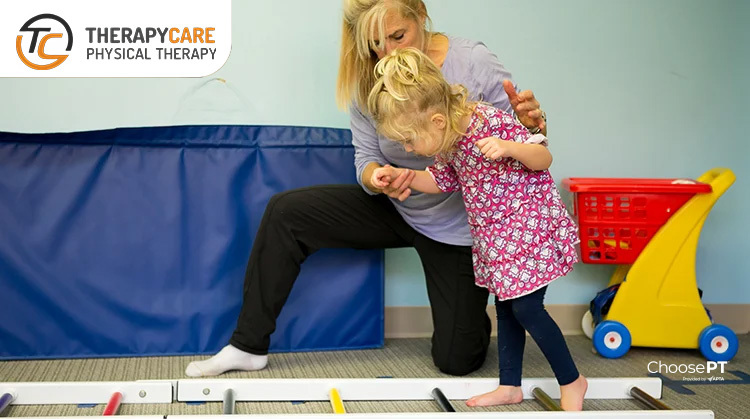
Developmental coordination disorder affects about 5% to 6% of school-aged children. More than 1 million children in the U.S. have the disorder. Children with DCD have a hard time with activities requiring movement skills and coordination, like riding a bike, playing sports, and skipping, running, or jumping. They may take longer to finish school tasks, such as handwriting or using objects like crayons. Physical therapists help children with DCD improve their muscle strength, coordination, and balance, and help them learn skills to better participate in school and childhood activities.
Physical therapists are movement experts. They improve quality of life through hands-on care, patient education, and prescribed movement. You can contact a physical therapist directly for an evaluation. To find a physical therapist in your area, visit Find a PT.
Developmental coordination disorder is a motor skill disorder that causes problems with movement and coordination. It is not related to intelligence, autism, or physical disorders such as cerebral palsy.
DCD affects areas of the brain that learn or remember movements, so each motor task may seem new, no matter how many times it is repeated. Movements do not become automatic or feel normal or typical to the child. Children with DCD might struggle to imitate movements or learn new motor skills. They also have a hard time keeping up with the speed of movements compared with other children their age.
Boys are diagnosed with DCD slightly more often than girls. Children with DCD also may have other separate conditions, such as attention deficit hyperactivity disorder and speech/language impairments. They also may have self-esteem, behavior, and social and/or emotional problems. Because movement is so hard for them, they may develop poor health. They may have poor fitness, be overweight, and have heart disease due to inactivity.
DCD continues throughout a person’s life. However, children and teens can improve their condition with the help of physical therapists and other health care providers. Children with DCD can learn to use new movement strategies. With guidance, they can find the right physical activities, sports, and job activities that lead to a positive and fulfilling life.
Children with DCD feel that their body (arms and legs) will not move correctly. They want to throw a ball, ride a bike, or play a sport, but their body can’t remember how to do those activities. Children with DCD may feel clumsy or awkward, and they may develop low self-esteem. They also may not want to take part in some activities with other children, including physical education classes in school.
Often, parents spot signs and symptoms of DCD in their child before anyone else. When they notice their baby is behind other children in movement skills, such as sitting up or learning to walk, they report these concerns to a health care professional. However, sometimes signs and symptoms of DCD are not caught until a child starts school. Teachers may see that the child cannot play at recess or in physical education classes in the same way that other children do. They also may observe that it takes the child longer to complete schoolwork. Children with DCD show a lack of interest in playing with other children.
Children with DCD may have difficulty when they try to:
Your child’s first physical therapy session will begin with a complete evaluation. Your child’s physical therapist may:
The exact cause of DCD is unknown. Research has shown that the disorder is linked to premature birth and low birth weight. Sometimes changes in the brain can be seen on brain scans ordered by a physician. One area of the brain, the cerebellum, may be affected. Research is ongoing.
If your child is diagnosed with DCD, a physical therapist can work with you and your child to help prevent added complications that might occur including:
All physical therapists are prepared through education and experience to treat a variety of conditions or injuries. You may want to consider:
General tips when you’re looking for a physical therapist (or any other health care provider):